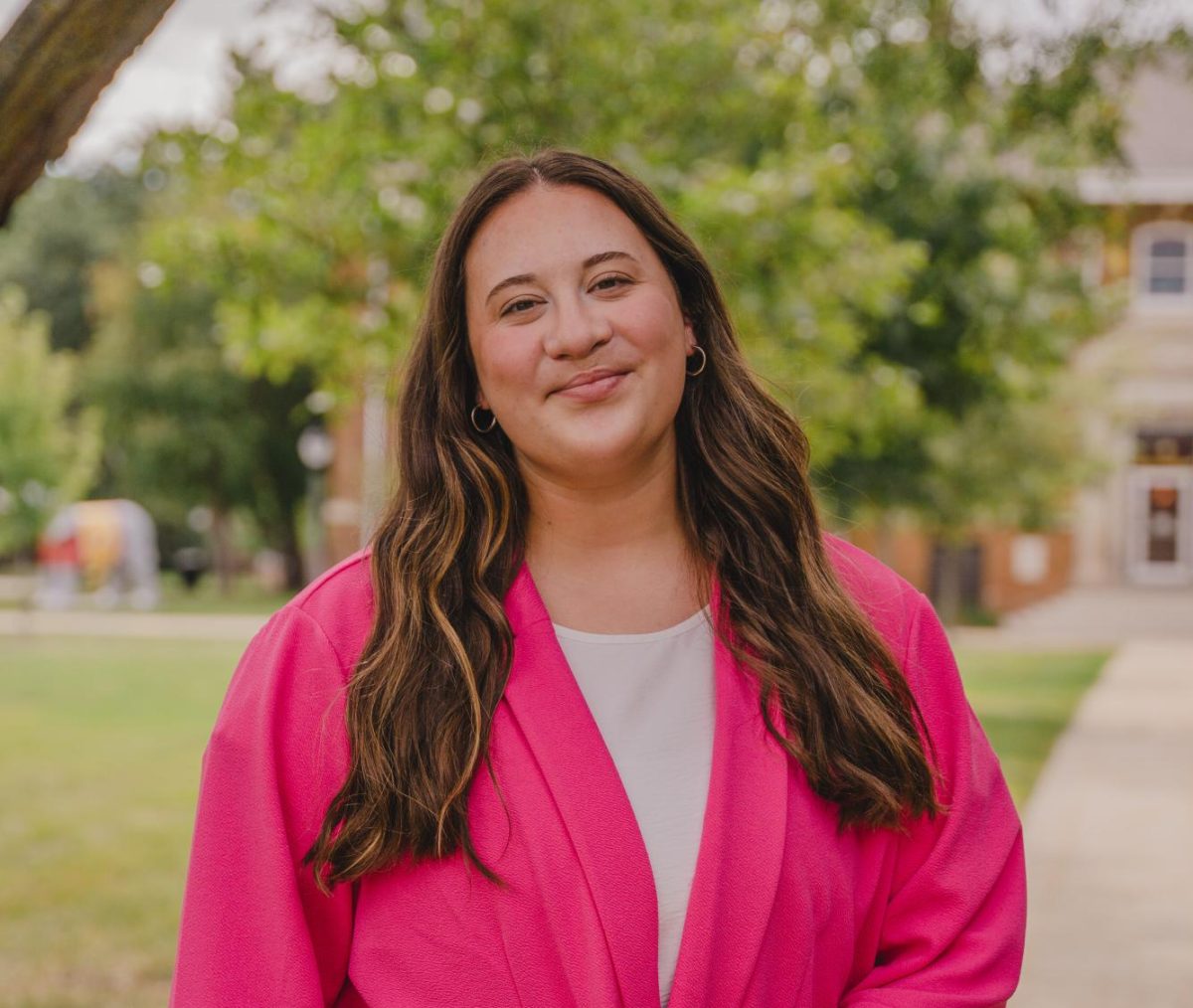Red Flag Campaign raises awareness
November 15, 2011
Tess
Cody, prevention coordinator with the Iowa Coalition Against
Domestic Violence, came to Simpson to educate students on the
dangers of unhealthy relationships on Nov. 10.
The
Women’s Resource Center (WRC), Sexual Assault Resource Advocates
(SARA) and Lesbian, Gay, Bisexual, Transgender, Questioning and
Allies (LGBTQA) hosted Cody for the Red Flag Campaign.
“The
Red Flag Campaign is an educational campaign to raise awareness
about what unhealthy or abusive relationships look like,” sophomore
Lauren Pass said.
The
forum was designed to give students awareness of what domestic
violence is and how to determine what an abusive relationship looks
like.
“The
goal is to get friends to notice warning signs or ‘red flags’ of
abusive relationships and be able to talk about those with their
friends when they see it,” Pass said. “Either their friends are
being abused or being abusive.”
Cody
came to Simpson to educate students on domestic violence and how to
deal with it.
She
gave the students background information on domestic violence to
give everyone enough contexts to distinguish between healthy and
unhealthy relationships.
“Call
bad behavior, bad behavior,” Cody said. “When something becomes
cyclical, when it happens a lot or is reused as a tactic to gain
leverage over and over to get your partner to do something that you
want and they don’t; that’s domestic violence.”
Most
people think that domestic violence is black and white, but Cody
said there are a lot of myths about the topic.
“Many
times I have heard women say, ‘well he only hits me when he’s
drunk,’” Cody said. “Or, ‘I was drinking. I was dumb. He was
drinking; he didn’t know what he was doing.’”
According to Cody’s presentation, people commonly think that it is
caused by substance abuse, mental illness, history of child abuse,
anger, stress and so on.
These
are myths that let people believe that if these particular
behaviors are avoided then domestic violence won’t be
experienced.
“We
make myths as a community because they make us feel safer,” Cody
said. “We think that we’re safe and we don’t have to deal with it
because it’s over there.”
Cody
pointed out described that people who are involved in abusive
relationships often find it hard to leave the partner who enforcing
the abuse.
However, relationships do not start out violent—relationships grow
to become violent.
“Everybody starts off in a honeymoon phase,” Cody said. “Everybody
thinks they’re the best person and they are so lucky that they met
them, from the get go. The first few dates, the first few years
might be fantastic. Nobody falls in love with someone who
sucks.”
Cody
led the audience in an activity to illustrate her points.
The
students were told to write down five things that are most
important to them in life. She then provided them with different
scenarios.
“Think if there is something on that list that you would give up,”
Cody said. “You either have to give it up or you have to deal with
being called names every day for the rest of your life by your
partner, degrading names.”
The
scenarios continued with the consequences of being threatened,
pushed around and shoved against a wall, being beaten horribly to
the point of always being hurt and lastly dying from being
beaten.
“They’re willing to take name calling, they’re willing to take the
occasional shove and they’re even willing to take the occasional
trip to the hospital,” Cody said. “Just as long as those things in
their life stay safe and stay sound.”
Cody
then provided the lyrics to a familiar song, “Love the Way You Lie”
by Eminem and Rihanna.
The
students were asked to use the information just learned to pick out
instances of domestic violence.
Some
were surprised at the lyrics.
“I
didn’t actually realize it as I’m singing the song to myself half
the time that it was talking about that kind of violence,”
sophomore Carrie Paglia said. “I didn’t think about that before,
and now I do.”
The
Red Flag Campaign looks to end domestic violence and prevention is
one place to start.
“The
idea of prevention is, before anything happens, we want to talk to
people about what’s healthy and what’s not,” Cody said.




